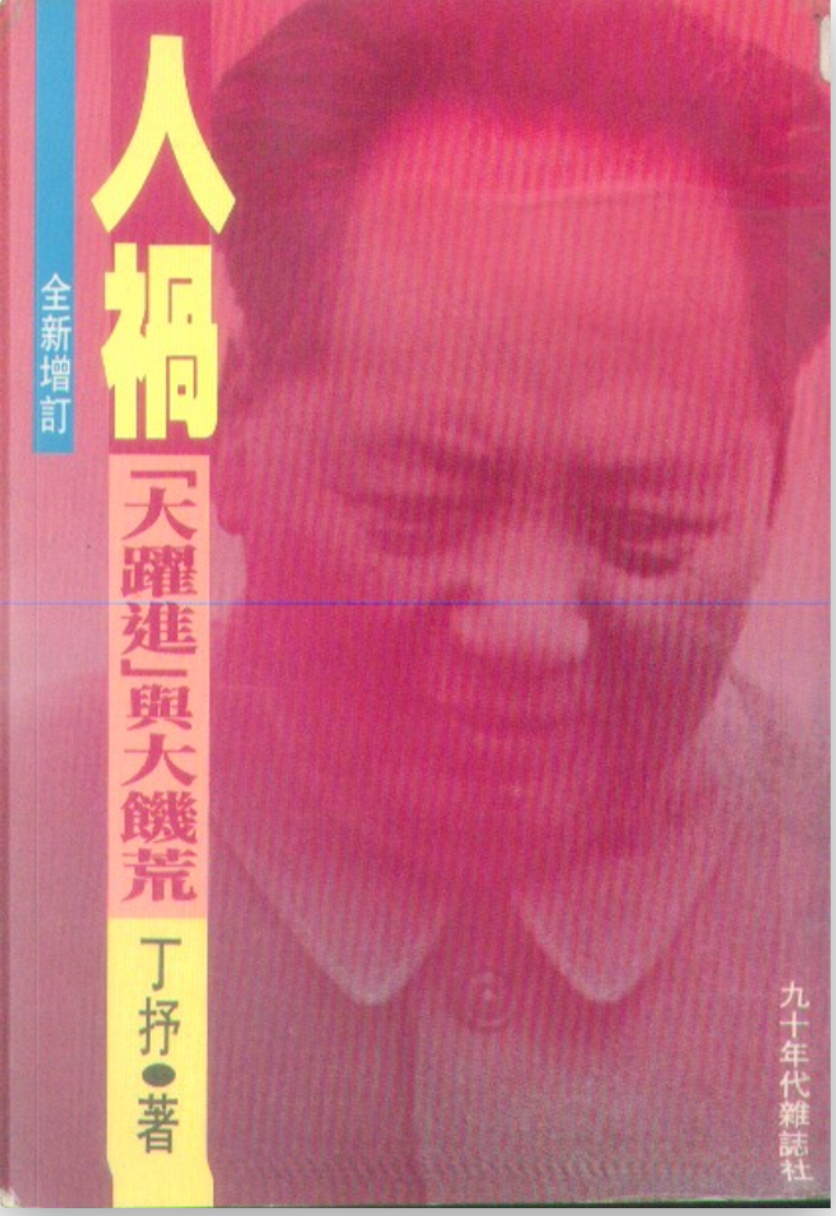Explore the collection
Showing 5 items in the collection
5 items
Book
Active Life
This is a collection of essays by Cui Weiping, a professor at the Beijing Film Academy. The title, inspired by Hannah Arendt, covers a wide range of fields from poetry and movies to politics and ethics, and tells the stories of fascinating people, the construction of their inner world and external lives. These people include Hai Zi, Wang Xiaobo, Arendt, Woolf, Beauvoir, Tarkovsky, Kremer, Herbert, Havel, and many others. Behind these seemingly unrelated names, there are hints of these two interdependent spiritual dimensions: on the one hand, the construction of the external world in which we live; on the other hand, the construction of our own inner world, which cannot be neglected. This book, published by Renmin University of China Press in 2003, has had a significant impact on the development of civil society in China.
Book
Hu Yaobang and the Vindication of Wrongful Convictions.
This book recounts Hu Yaobang's efforts to overturn people falsely accused of being "Rightists" during the Anti-Rightist Campaign of the 1950s. It is written by Dai Huang (1928-2016, formerly known as Dai Shulin), a Communist propagandist and later senior editor at the Xinhua News Agency, who was also persecuted in the Mao era and rehabilitated thanks to Hu's efforts.
This means that the book is not entirely objective–Dai does not analyze too closely Hu's history of slavishy following Mao's policies. Instead, he aims to capture the excitement felt by the hundreds of thousands who suffered in the Mao era and who were rehabilitated in the 1970s and '80s thanks to Hu. At 300,000 Chinese characters, or more than 200,000 English words, it is a weighty compendium that includes previously unreported details of famous public intellectuals and party members persecuted by the party and how Hu rehabilitated them. For example, Dai recounts the case of Ge Peiqi, who was a Communist Party spy who was toppled for his opposition to the party's corruption and privilege. Dai explains the case in depth and how Ge was eventually cleared.
Dai represented a liberal wing of the party that believed in the need for the party to address its mistakes. At his funeral people such as Du Daozheng (the editor of China Through the Ages 炎黄春秋) and Tie Liu (publisher of the alternative history journal 往事微痕) attended. The book also contains a preface by Li Rui, who participated in China Through the Ages and was also a mainstay of the party's liberal wing.
Book
Man-Made Disasters: The Great Leap Forward and the Great Famine.
The author of this book, Ding Shu, is a Chinese scholar living in the United States. Published in 1991 by the Hong Kong-based "Nineties Magazine", this book is the first monograph on the Great Famine in China. It has been described by some scholars as the cornerstone of the study of the Great Famine in China. The book was later updated and reprinted. The book starts from the cooperative movement and moves on to the Great Leap Forward, the Great Iron and Steel Refining, the People's Commune, the Satellite Release and the Great Communist Wind; then, it turns to the Lushan Conference against right-leaning as well as the 7,000 People's Congress in 1962. The author collected almost all the information that could be collected at that time and summarized it to describe the situation of this great famine and its causes and consequences. The content of this book is from the website of the Chinese blog "Bianchengsuixiang" (编程随想).
Film and Video
Working toward a Civil Society (Episode 5): Cui Weiping
The Xi’an-based videographer Zhang Shihe, or Tiger Temple, has been a fixture on the independent Chinese history scene for more than twenty years. In 2010, he began a thirty-part series of short interviews with leading Chinese thinkers called “Working Toward Civil Society,” in which he explores how China can build a true civil society. Some of those interviewed have now been silenced, passed away, or moved abroad, making the series itself a work of history.
In this episode, Zhang interviews one of China’s most thoughtful public thinkers, Cui Weiping. Cui is a professor at the Beijing Film Academy, and translator of Havel into Chinese. She was a signer of Charter 08, and friend of the late Nobel Peace Prize laureate Liu Xiaobo. Although the interview is only 8 minutes long, Cui touches on some of the key problems that continue to plague China: how to break free of overwhelming government control of civic life?
Note to English speakers: this interview only has Chinese subtitles. The CUA is working to add English subtitles to all of our video offerings so check back in a few months.
Book
Yangmou - The Beginning and End of the Anti-Rightist Movement
The revised edition of this book was published by *Open Magazine* in Hong Kong in 2007. The first edition was published in 1991 and was revised and reprinted twice, in 1993 and 1995. The book collects a large amount of information about the anti-rightist movement, including survey interviews with victims of the anti-rightist movement and their relatives and friends. It is a complete record of the anti-rightist movement, which comprehensively analyzes and discusses the whole process of the anti-rightist movement, as well as its ins and outs, causes and consequences. Regarding the number of "rightists," the statistics of the CCP authorities had been limited to 550,000 people. According to Ding Lyric's analysis, there were about 1.2 million people who were labeled as "rightists" in the Anti-Rightist Movement.




